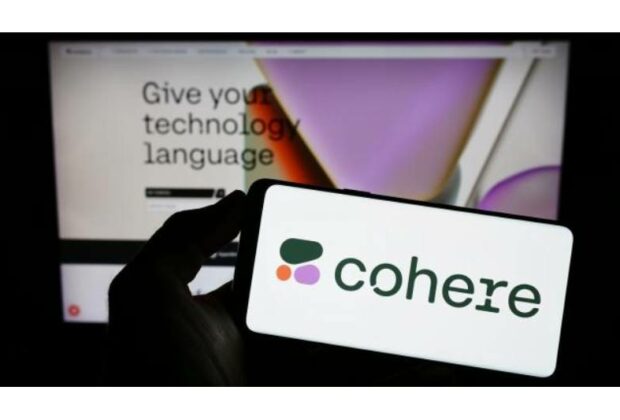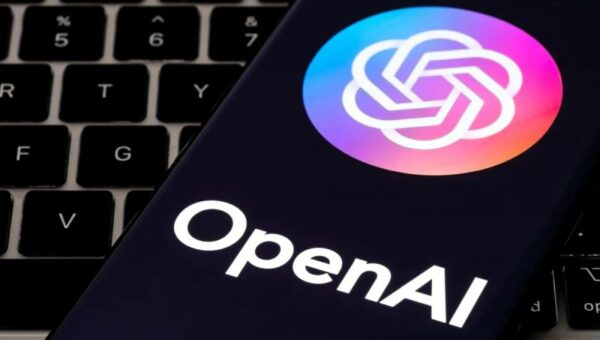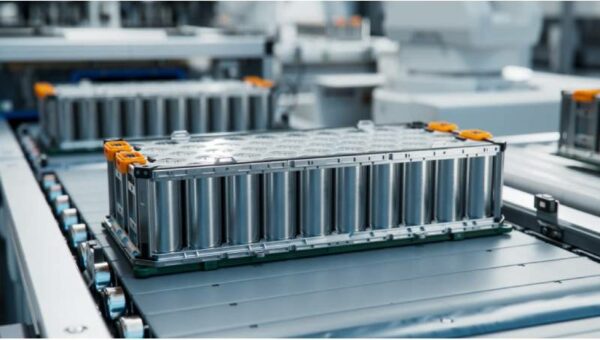About 20 positions were eliminated on Tuesday by Cohere, an artificial intelligence firm financed by Nvidia and formed by former Google AI researchers.
The business estimates that Cohere employed 400 people. The layoffs come after a $500 million fundraising round from investors, including AMD, Salesforce, Oracle, and Nvidia, valued the company at $5.5 billion, more than double its previous year’s valuation.
On its website, Cohere states that it is still hiring in areas like product design, modeling, revenue, partnerships, customer operations, and sales.
With support from Nvidia and founded by former Google AI researchers, Cohere’s commercial strategy has focused on generative AI for businesses rather than consumer chatbots, which have been the talk of the tech world ever since OpenAI published ChatGPT in late 2022. Cohere raised $270 million in June 2023 at a valuation of $2.2 billion, with Salesforce and Oracle taking part in the funding round. Executives from companies have also attended White House AI forums.
A company spokesman released a statement to CNBC stating, “With our most recent round of financing in place, we have a clear vision for the future of Cohere, which has required some internal realignment.” “We will continue to aggressively hire people as we work to offer companies the most accurate, secure and private multilingual AI solutions in the market.”
According to PitchBook, the generative AI space has seen an explosion in the last year, with a record $29.1 billion spent across roughly 700 deals in 2023—a more than 260% increase in deal value from the previous year. In practically every area, from financial services and scientific research to logistics, online travel, and utilities, technology is automating processes. This is why it has become the most talked-about term on corporate earnings calls, quarter after quarter.
A few of Cohere’s rivals in the AI arms race provide goods for both commercial and consumer use. For example, Anthropic made its once-business-only Claude chatbot available to consumers in July, and OpenAI introduced ChatGPT Enterprise last August.
In March, Martin Kon, the president and chief operating officer of Cohere, told CNBC that despite a shortage of chips, growing prices for graphics processing units (GPUs), and fluctuating licensing fees for AI models, the company is able to maintain cost control by remaining committed to enterprise AI.
According to Cohere’s website, some of its current clients are Notion, Oracle, and Bamboo HR. Businesses in the banking, financial services, and insurance industries are among Kon’s many clients, he previously told . After Sam Altman, the CEO of OpenAI, was abruptly and temporarily fired, Cohere told CNBC in November that it noticed a spike in client interest.
Kon admitted in March that there have been ongoing difficulties due to the hardware industry’s shifting dynamics. According to Kon at the time, the company has had Google chips on hand for more than two years, which were acquired early on in Cohere’s history to aid in model pretraining. Currently, Cohere is utilizing more H100 GPUs from Nvidia, which power the majority of the most recent large language models.








